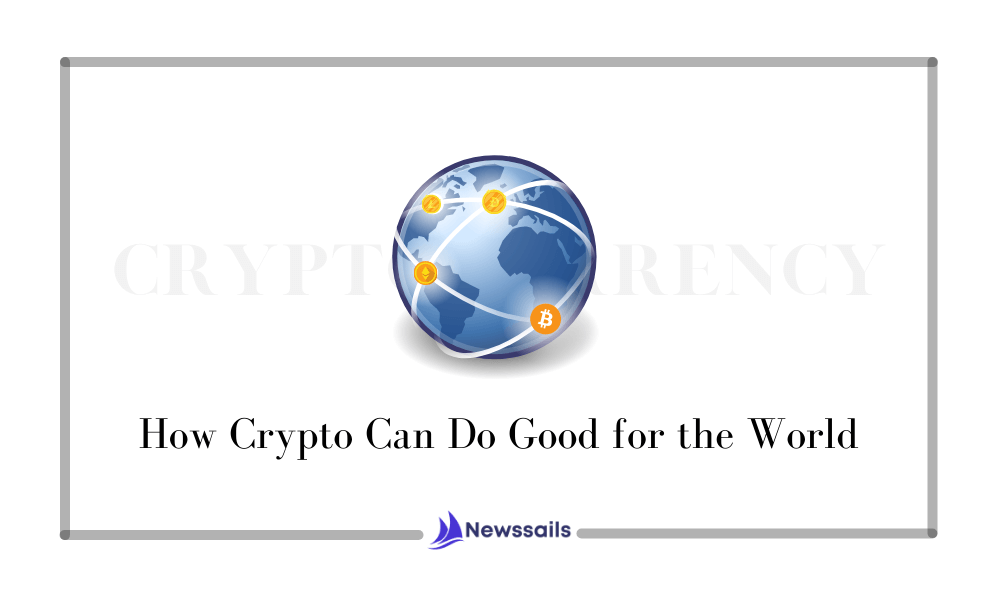
Human society in the 21st century is faced with numerous global-scale challenges and systemic risks. These challenges include climate change, misinformation, an insecure digital infrastructure, and a lack of economic prosperity.
And while solutions for some of these problems are available, they go unsolved because not enough people, groups, or nation-states have come together to address them in a coordinated way.
Our legacy institutions are not equipped to handle these issues, largely because individuals are focused on their own interests, and nations are focused on their own citizens, leading them down paths that help them but harm the overall system. These sorts of problems are known as “coordination failures.”
But we aren’t trapped forever in this death spiral. With the dawn of Web 3, there is an opportunity to build a better world for our generation and beyond. We can leverage the properties of Web 3 to design crypto-economic systems that are regenerative: systems that are resilient and sustainable, and align conflicting priorities toward the greater good.
The Chinese general Sun Tzu wrote that if you “know thy enemy and know thyself, you need not fear the result of a hundred battles.”
Humanity doesn’t face persistent global-scale problems because we lack solutions, data, or ideas. Instead, systemic risks continue because humanity has failed to address them in a coordinated way. Groups often act at cross purposes, or even make enemies out of each other, when the true enemy is conflict itself.
But conflict won’t fix climate change. To fight coordination failure on the environment and other issues, we need a coordination mechanism that is truly global in nature. Luckily, we may have found one: Decentralized blockchain networks allow us to create new incentives and mechanism designs that are borderless and direct.
One way to reinforce coordination is to realign the economic incentives that support a system. By doing so, we create a systematic economic incentive for work to support that system. Five years ago, I saw an opportunity to create better incentives to help fix a specific realm suffering from coordination failure: open-source software.
Much of the open-source software that underpins our digital infrastructure was designed by and is maintained by, software engineers who are paid little or nothing for their work. This asymmetry between value creation and value capture is why I founded Gitcoin in 2017.
We wanted to provide a system to enable those building open-source software to raise money to fund their efforts. We help individuals and communities start, fund, and scale open-source projects. Today, Gitcoin is a community of 312,000 developers, and we have directed $62.1 million in funding to open-source projects.
We believe Gitcoin can be a model for similar funding programs and eventually for what we call "regenerative crypto economics." Regenerative crypto-economic systems satisfy human needs, are not positive, and improve the balance between needs and investment.
For instance, Gitcoin helps create FOSS (free and open-source software) resources that generate productivity and wealth – with some of those unleashed resources going back into further Gitcoin funding.
Some of this has to do with mechanism design and economic incentives, but nearly as important is these systems’ potential to act as a rallying point for fundraising and organizing.
ImpactDAOs, defined as any DAO (a decentralized autonomous organization) that creates net positive benefits for the ecosystems around it, is the scalable, atomic building blocks of the regenerative crypto-economic movement.
Here are some examples of ImpactDAOs and the scale of positive externalities they create:
Regenerative crypto-economics is being implemented today by numerous ImpactDAOs, and I dive deep into their work and impact in my new book on ImpactDAOs with co-author Ale Borda.
With ImpactDAOs and the properties of Web 3, we can design a regenerative internet of value to enable the thriving of a diverse global citizenry and to solve the numerous coordination failures that threaten humanity and earth.
We can increase and ensure funding for the creation and maintenance of digital public goods like FOSS. We can program our values into our money and make public goods financially sustainable.
We can even eclipse the more prolific and more degenerative use cases of blockchain networks and ignite a positive feedback loop for their regenerative use cases. Most crucially, we can ensure that the future of the internet and the metaverse is not owned by any billionaire or tech giant.
Of course, this is a double-edged sword, as value systems can vary wildly, and this tool will empower anyone who decides to use it. But by coordinating the incentives of many participants, and providing a channel for larger alliances of strength and intelligence, system designers can create economies that drive real good for the world.
With cryptocurrency very much in the headlines these days, some question whether it’s actually good for the world. While the headlines love big winners, crypto’s main benefit over time won’t be to billionaire investors. Its real promise is in creating new structures that drive new behaviors.
Regenerative crypto-economics is already helping us build a sustainable funding system for digital-native public goods. In the coming decades, we expect to see economies, democracies, and civic groups all over the world upgraded with similar coordination mechanisms, enabling more human thriving.
It is up to us, the members of the Web 3 citizenry, to coordinate in creating a more regenerative world.
We must reach beyond our inherited political and economic systems if we hope to benefit humanity at large. Regenerative crypto-economics is happening. It’s here, it’s important, but it is also inchoate. To grow, it needs you.
- Yahoo Finance